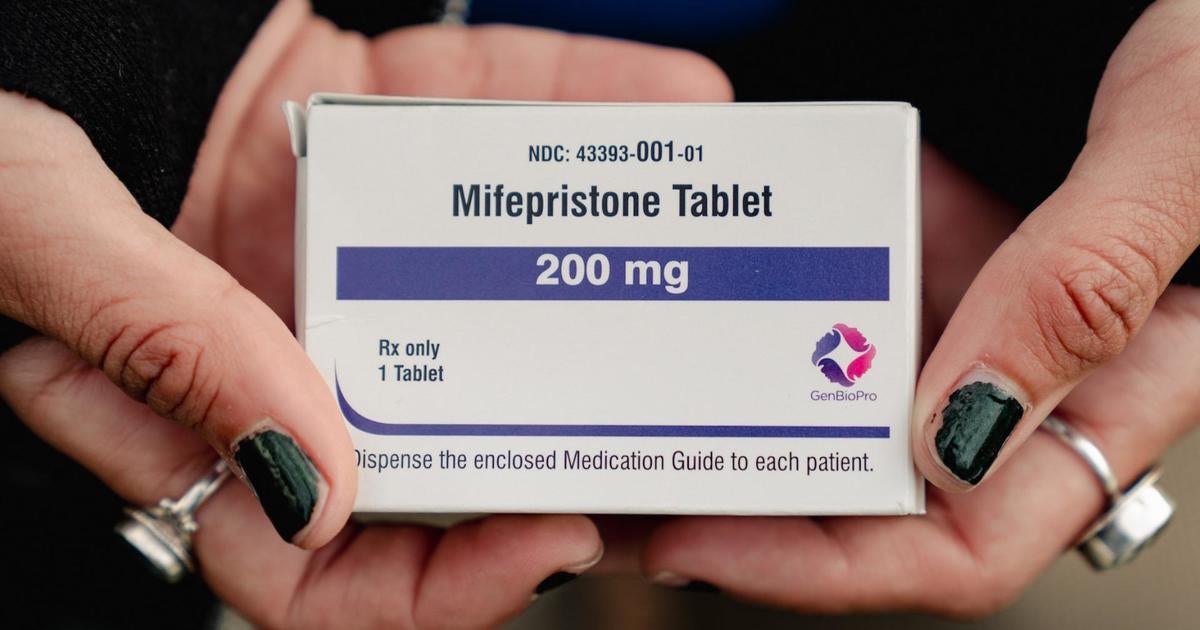In a recent ruling, a judge in Texas has given permission to three states – Idaho, Kansas, and Missouri – to proceed with their efforts to restrict access to the abortion drug mifepristone. This decision was made in U.S. District Court in Amarillo, Texas, where Judge Matthew Kacsmaryk, a nominee of former President Donald Trump, presides. Judge Kacsmaryk has previously ruled in favor of challenges to the approval of mifepristone.
The states of Idaho, Kansas, and Missouri are seeking to roll back federal rules that currently allow for telehealth prescriptions of mifepristone and permit its use up to 10 weeks into a pregnancy. They are advocating for stricter regulations that would limit the use of mifepristone to the first seven weeks of pregnancy and require three in-person doctor visits to obtain the drug. Their argument is that current efforts to provide access to mifepristone undermine state abortion laws and hinder state law enforcement.
The American Civil Liberties Union (ACLU) has criticized Judge Kacsmaryk’s decision, stating that it allows extremist politicians to continue attacking medication abortion in his courtroom. The ACLU believes that the case should have been settled following a Supreme Court ruling last year that affirmed access to mifepristone. The Supreme Court had determined that the initial plaintiffs lacked the legal right to sue in the case.
The ruling comes as the Trump administration prepares to begin its second term, with the administration likely to represent the Food and Drug Administration (FDA) in this case. President Trump has expressed his views on abortion, stating that it should be an issue for states to decide rather than the federal government. However, he has also highlighted his appointments of Supreme Court justices who were part of the majority decision in overturning the national right to abortion in 2022.
In recent years, there has been a growing focus on restricting access to abortion pills, as a significant portion of abortions in the U.S. are now carried out using medication rather than surgical procedures. Several states, including Indiana, Missouri, New Hampshire, and Tennessee, have introduced bills aimed at banning abortion pills. Louisiana took a unique approach by classifying the drugs as controlled dangerous substances.
Judge Kacsmaryk’s previous rulings have shown his support for anti-abortion groups seeking to challenge the FDA’s approval of mifepristone. While the states are now pursuing a more limited challenge, their goal remains to restrict access to the drug by targeting recent FDA updates that have made it more accessible.
Despite the efforts of these states to limit access to abortion pills, there has been pushback from voters in some regions. For example, voters in Missouri approved a ballot measure in November to repeal one of the strictest bans on abortion. In Idaho, abortion is prohibited at all stages of pregnancy, while in Kansas, it is generally legal up to the 22nd week of pregnancy.
Across the U.S., there are varying restrictions on abortion, with 13 states under Republican control prohibiting abortion at all stages with some exceptions, and four states banning it after the first six weeks of pregnancy. In response, some Democratic-controlled states have enacted laws to protect doctors who prescribe abortion pills via telehealth appointments from investigations and prosecutions.
Mifepristone is commonly used in combination with another drug for medication abortion, which has become a prevalent method of terminating pregnancies in the U.S. The drugs have been a focal point of debate since the Supreme Court’s decision to overturn Roe v. Wade. Studies have shown that medication abortions are generally safe and effective, with a success rate of over 97%, though they are slightly less effective than surgical abortions.
Overall, the battle over abortion rights continues to be a contentious issue in the U.S., with ongoing legal challenges and efforts to restrict access to abortion pills. The outcome of these cases will have significant implications for women’s reproductive rights and access to healthcare.









